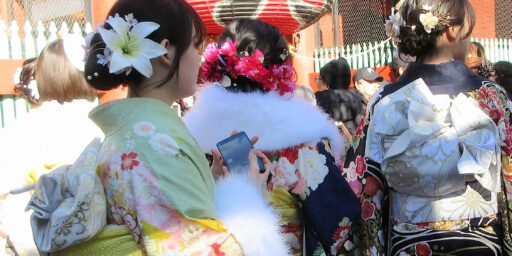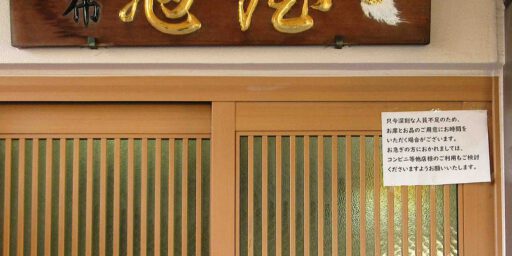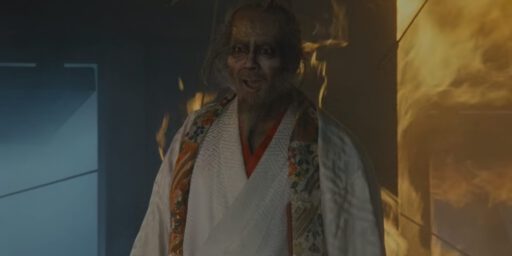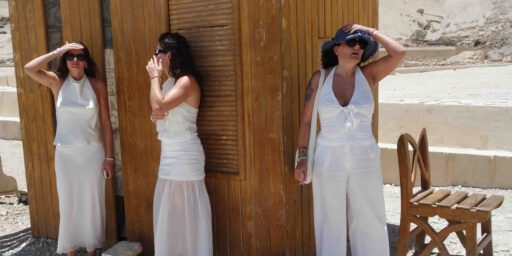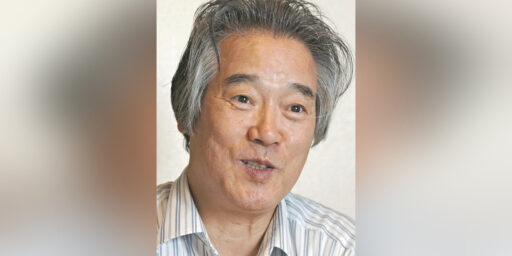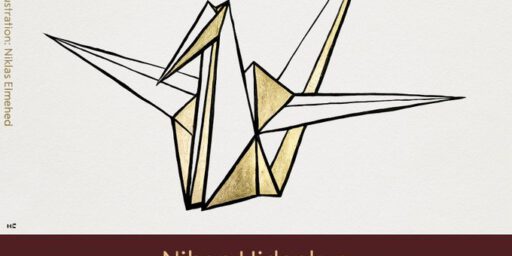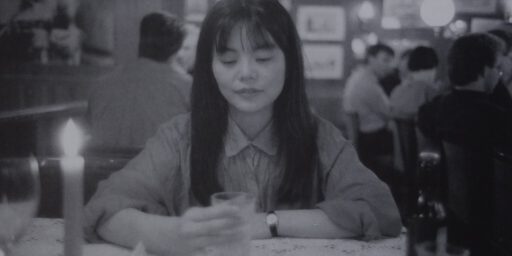芥川賞作家이회성 リ・カイセイさん死去 89歳 Akutagawa Prize-winning Author 이회성 RI Kaisei passed away at the age of 89. R.I.P.
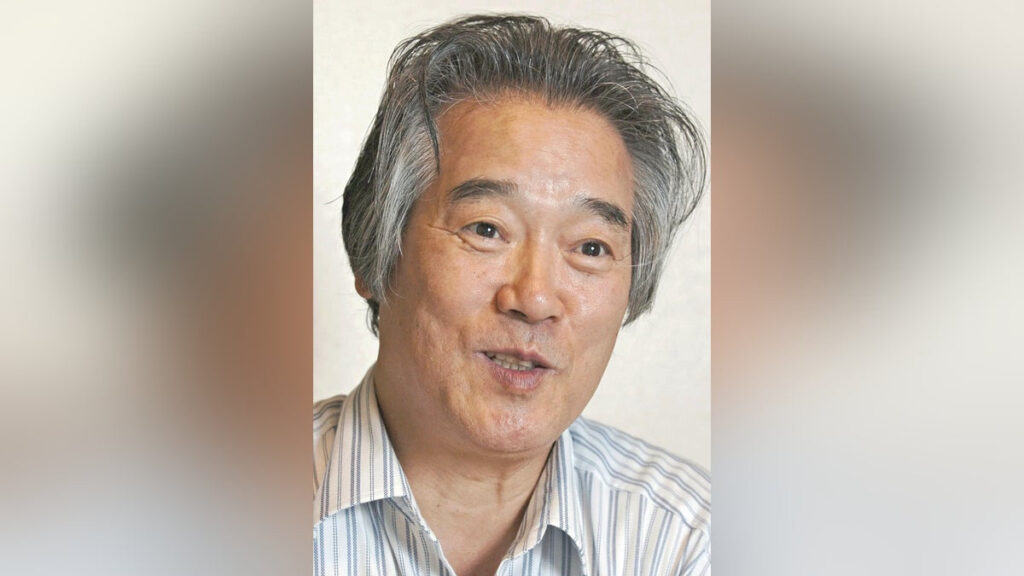
Tiếng Tiêu Buồn Nhất Làm Tê Tái Lòng Người
Tiếng Tiêu Buồn Nhất Tê Tái Lòng Người
Novelist RI Kaisei 이회성, who became the first foreign recipient of Japan’s prestigious Akutagawa Literary award, passed away 10 days ago at the age of 89.
The reason why I am using, amongst his many different names, RI Kaisei has to be understood in the context of his German Wikipedia Page, see the link.
https://de.wikipedia.org/wiki/Ri_Kaisei
Against the backdrop of democratic-capitalist South Korea and fascist-communist North Korea, Ri depicted love and fading ethnic identity across generations in his novels and essays that captured the lives of Koreans in diaspora or scattered all over the world.
The ground-breaking decision by the Akutagawa Literary award selection committee resonates the atmosphere of the 68’s. With this award in 1972 for “The Cloth Fuller” (砧をうつ女) Ri became the first foreign recipient. For me a welcomed opportunity to point out, that until now, I, as a Japanese artist, did not receive any art related prize in Japan. A scandalous situation, indeed.
Regarding Ri, as a “Zainichi” then “Korean”, the family background has to be understood as the Condizione Umana for most of his writings. Me, a human being with a European Passport, can very much relate to his problematic feeling and challenging views. One of the discourse topics in Japan lies in the use of the word “Zainichi” (在日), because I regard myself as a “Zainichi”.
To add another point of view about Korea, I may hereby repeat, that I, as a former West-German, am the first person in the world, who published a text-photo-book about the Korean Peninsula.
Ri’s works, such as “Shonin no inai kokei” (証人のいない光景 ‘A scene without witnesses’), “Matafutatabi no michi” (またふたたびの道 ‘The road again’), “Kayako no tameni” (伽倻子のために ‘For Kayako’) and others, thus demonstrated to the Japanese reader that Zainichi Korean Emperor-centered fanaticism, the Zainichi Korean father-son relationship or the struggle for a subjective identity were all informed by the historical trauma Koreans experienced as a result of colonialism and oppression within Japanese society.
In this regard I may, together with my dear readers of ART+CULTURE, suggest a hypothetical discovery of parts of Feminism in Ri’s writings.
Ri later experienced a sort of criticism for gratuitously flaunting certain ‘divisive’ political views and found himself embroiled in political controversy, particularly when he adopted South Korean nationality in 1998.
Nevertheless, Ri’s practice has to respected as a pioneer work, because the constantly, evolutionary prolongation of the terminus “Zainichi Korean Literature” takes up Japanese Colonialism, Post-colonial oppression in Japan, the Korean War, Tenno-Japanese Empire defeating Russia Empire in 1905, Germany-Italy-Japan Fascism, Allied Forces, Western Colonialism, Chinese inner politics and Genghis Khan War Empire History, Ottoman War and Empire, Korean political affairs with dictatorships, Identity vs Race vs Gender vs Ethnicity, Nationalism and Inter- and intra-generational struggles.
이회성 RI Kaisei, me, as a Japanese artist in Japan, as a foreigner, can very much relate to your painful, writing practices. Finally you may Resta in Pace.
東京 Tokyo, 令和 Reiwa 7, 15th of January
Mario A 亜 真里男
Up-date 2025/4/21
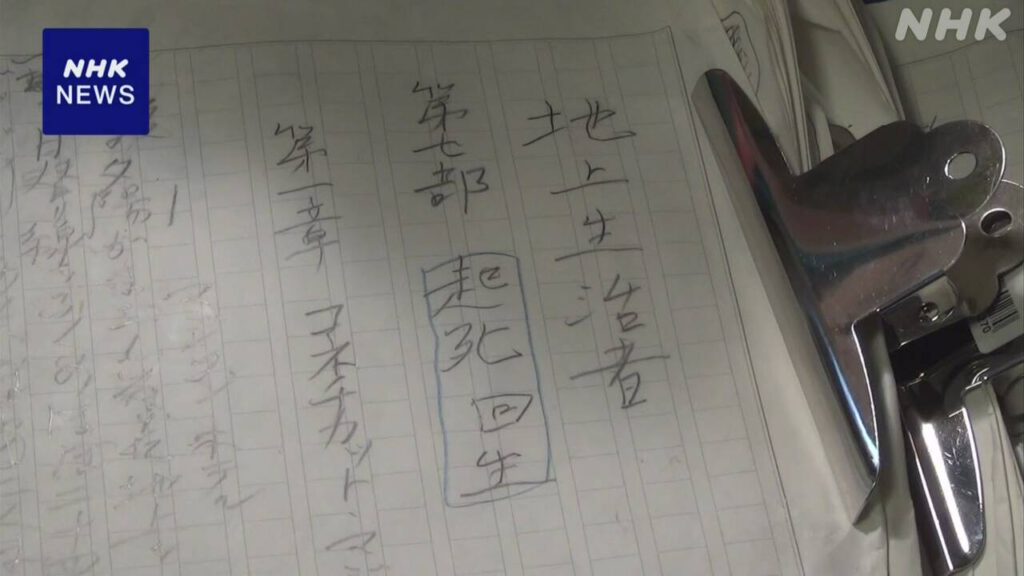
1月に死去 李恢成さんの最後の長編小説 未発表原稿が自宅に
NHK 2025年4月21日 12時25分
ことし1月に亡くなった芥川賞作家、李恢成さんの最後の長編小説「地上生活者」の未発表の原稿が、李さんの自宅に大量に残されていることが分かりました。
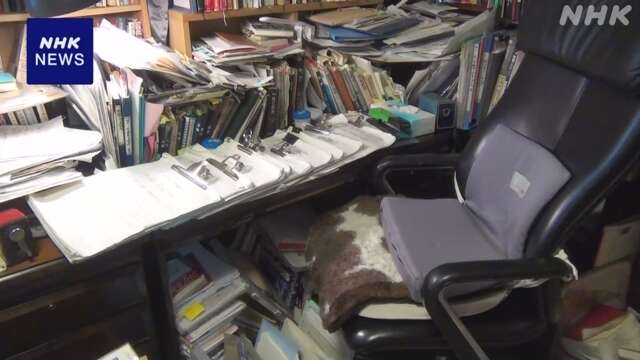
朝鮮半島出身の両親のもとに現在のサハリンに生まれ、北海道で育った李恢成さんは、自身のルーツをもとに、分断された朝鮮半島の民族の歴史を背景にした作品の数々を手がけ、1972年に「砧をうつ女」で芥川賞を受賞しました。
李さんは2000年から自身の半生をもとに、小説家の生涯を描く長編小説「地上生活者」を連載していましたが、2020年の第6部が生前に発表された李さんの最後の作品となっていました。
遺族によりますと、李さんはその後も執筆を続けていたということで、第7部の原稿が都内の自宅に残されていることが分かりました。
原稿は400字詰めの原稿用紙に800枚以上、合わせて16章に上り、50代を迎えた主人公がみずから創刊した文芸誌の発行に奮闘する姿や、北朝鮮に渡った親戚が政治犯として逮捕される苦難などが描かれているということです。
また、原稿は整理しきれていないものの未完とみられ、遺族は何らかの形で公表を目指したいとしています。
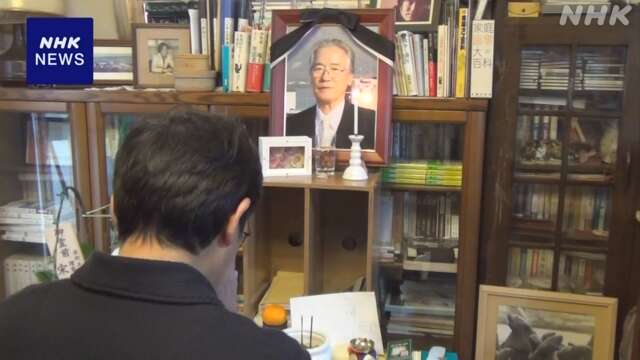
李恢成さんの長男の李潤午さんは「父は『地上生活者』について第7部で完結する自分の最後の長編小説で、何としても世に出したいと言っていた。未完ではあっても何とか公表したい」と話していました。
https://www3.nhk.or.jp/news/html/20250421/k10014785091000.html

